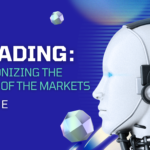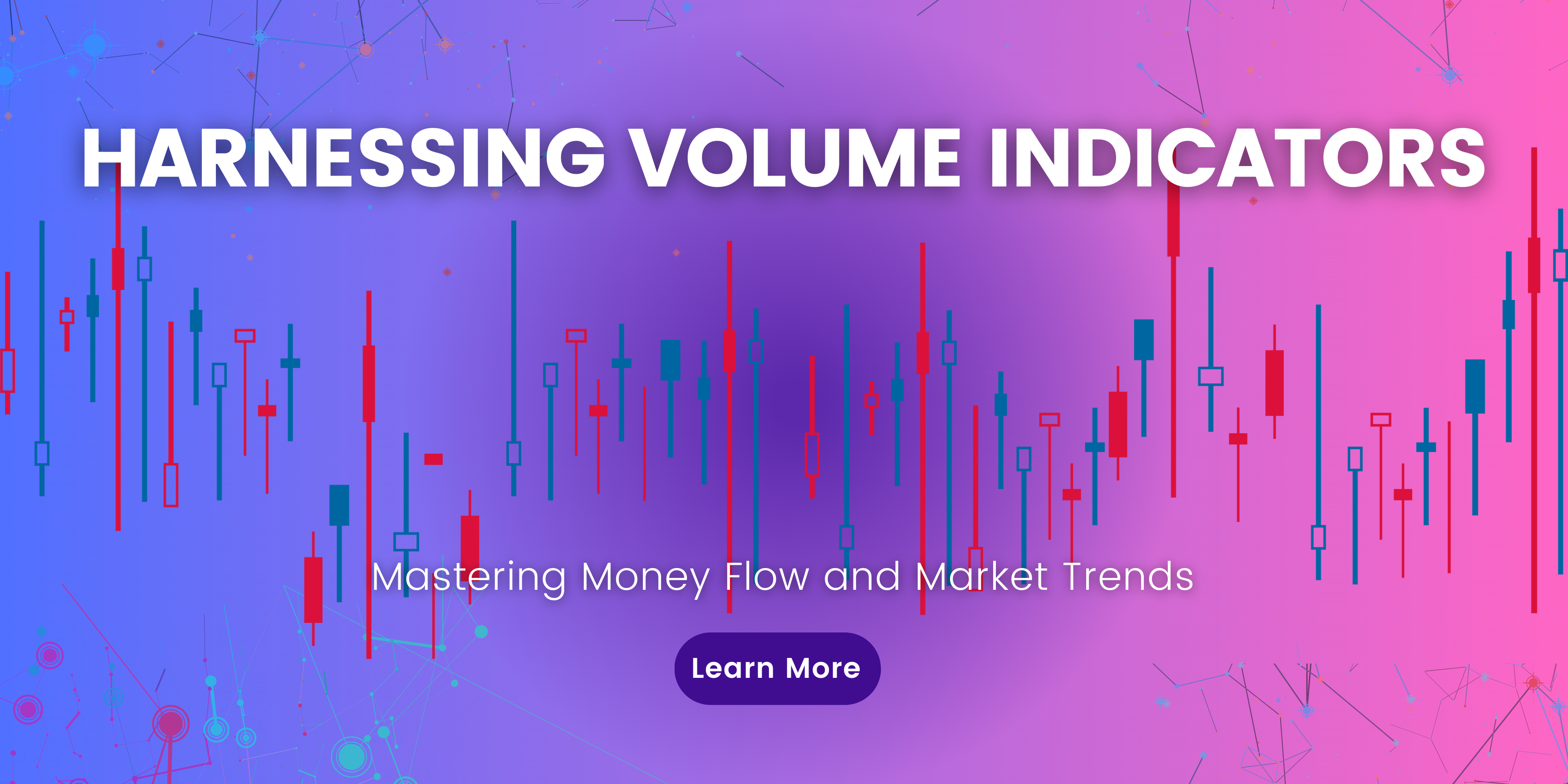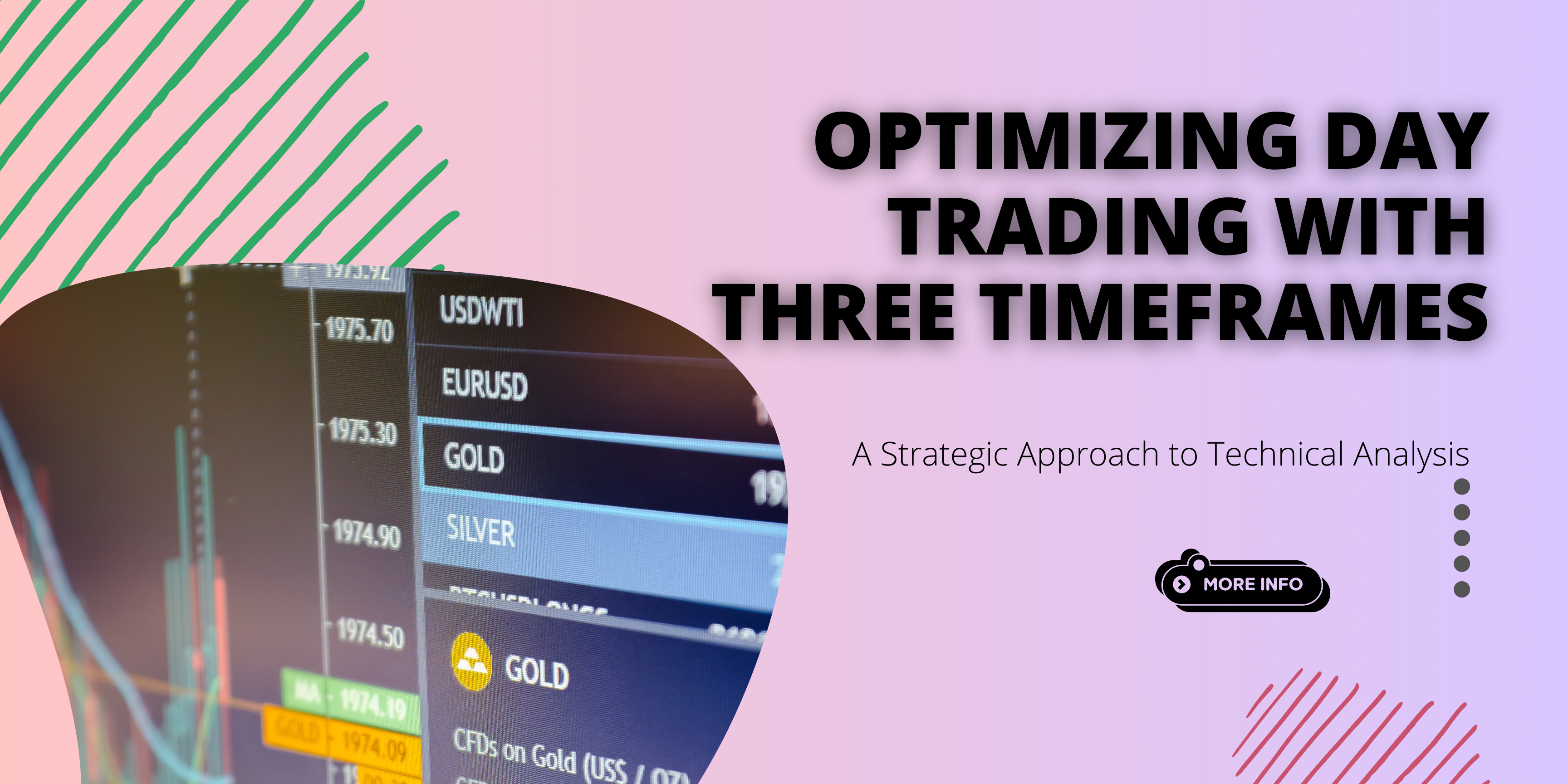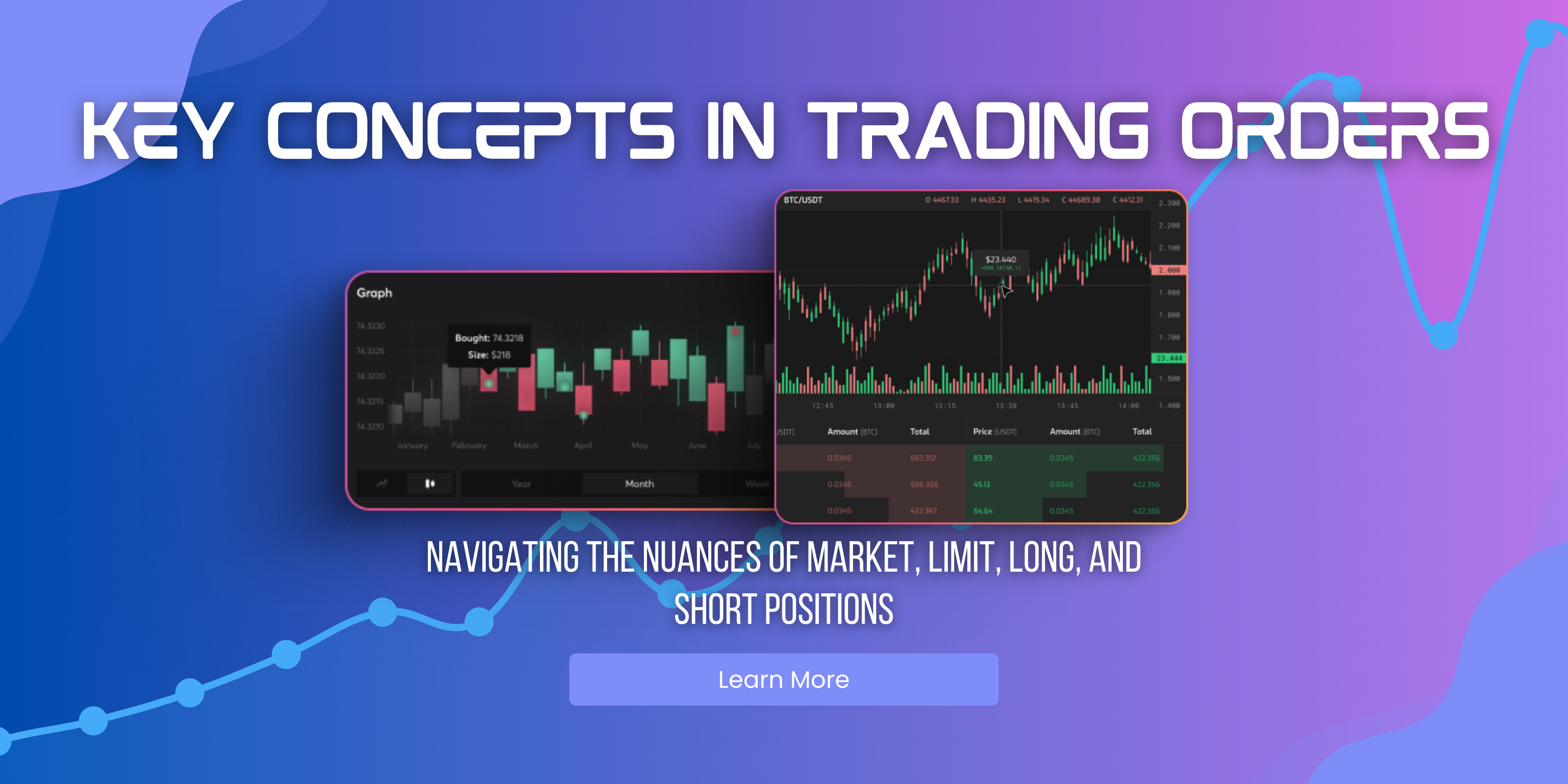The world of trading is an arena where fortunes are made and lost, with dreams of financial independence clashing against the harsh reality of consistent profitability. While banks, institutional traders, and hedge funds seem to enjoy a consistent track record of success year after year, the majority of individual retail traders find themselves struggling to …
Why Do Retail Traders Struggle While Institutions Thrive?
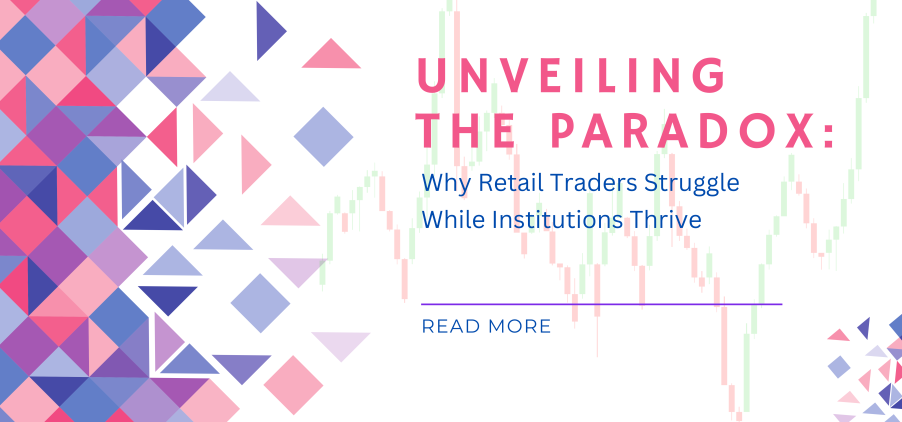
The world of trading is an arena where fortunes are made and lost, with dreams of financial independence clashing against the harsh reality of consistent profitability. While banks, institutional traders, and hedge funds seem to enjoy a consistent track record of success year after year, the majority of individual retail traders find themselves struggling to turn a profit. This paradoxical situation begs the question: why do most traders struggle while big players thrive? In this article, we will explore the underlying factors that contribute to the profitability divide between institutions and retail traders.
- Access to Resources: One of the primary advantages institutional traders and hedge funds possess is access to vast resources. Banks and institutions have dedicated teams of researchers, analysts, and sophisticated trading systems at their disposal. They can afford real-time market data, proprietary algorithms, and cutting-edge technologies. In contrast, retail traders often lack the extensive resources required to analyze markets comprehensively, giving institutions an inherent edge.
- Risk Management: Successful trading relies heavily on skillful risk management. Institutions typically adhere to strict risk protocols, utilizing advanced risk models and employing a team of risk managers to monitor and control their exposure. Conversely, many retail traders overlook or inadequately assess risk, leading to excessive trading, over-leveraging, and emotional decision-making. This lack of risk management discipline significantly hampers profitability for individual retail traders.
- Insider Knowledge and Information: Institutional traders often have access to privileged information that individual traders cannot readily obtain. Banks, for instance, have vast client networks, allowing them to tap into data and insights related to market-moving events. Even hedge funds benefit from certain strategic advantages like connections to influential industry insiders. Retail traders, on the other hand, must rely on publicly available information, making it challenging to make timely and informed trading decisions.
- Infrastructure and Trading Costs: Institutions have dedicated trading infrastructure, including high-speed connections, co-location services, and direct market access, which streamlines execution and reduces costs. Moreover, they can negotiate lower commission rates due to their high trading volumes. Retail traders, however, often face latency issues, more substantial slippage, and higher transaction costs. These disadvantages eat into profits, making it harder for individuals to compete on a level playing field.
- Emotional Discipline and Experience: Trading psychology plays a vital role in achieving consistent profitability. Most retail traders lack the emotional discipline honed through years of experience and exposure to real market conditions. Institutions, on the other hand, have the advantage of seasoned professionals who can handle volatility, maintain composure under pressure, and stick to their strategies. Emotional biases such as fear, greed, and impatience often plague independent traders, affecting their decision-making and negatively impacting profitability.
The discrepancy between institutional traders’ consistent profitability and the struggle faced by most retail traders can be attributed to several factors. Access to resources, risk management protocols, insider knowledge, infrastructure, and trading costs, as well as emotional discipline and experience, all contribute to this divergence. It is essential for retail traders to acknowledge these disparities and take deliberate steps to level the playing field. By focusing on education, risk management, and developing a systematic approach that minimizes emotional biases, individual traders can increase their chances of becoming consistently profitable in the dynamic world of trading.


